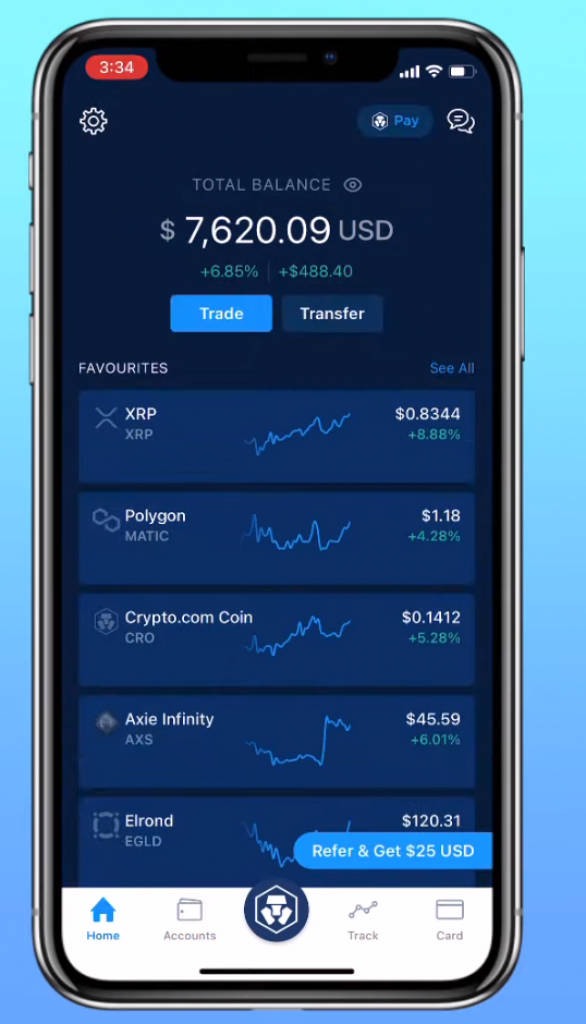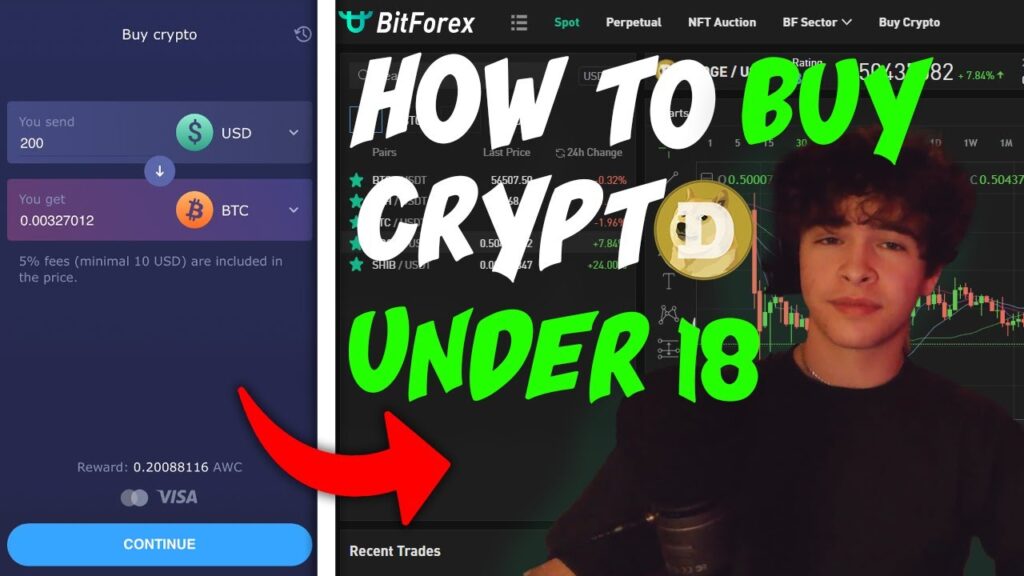Bitcoin is currently trading at a discount on South Korean exchanges, marking a departure from the usual “kimchi premium” that historically indicates a bullish market sentiment. According to The Korea Times, the cryptocurrency is priced around 700,000 won ($511.73) lower domestically compared to global exchanges, resulting in a negative premium of -0.74% as of Thursday afternoon.
This shift in pricing suggests a bearish outlook among South Korean investors. Typically, a higher kimchi premium signifies strong local demand and positive sentiment, leading to Bitcoin prices surpassing global rates. Conversely, a lower or negative premium reflects weakened enthusiasm and reduced buying pressure, potentially indicating a market correction or alignment with global valuations.
Analysts attribute this unusual difference to subdued investor sentiment in South Korea and a higher demand for virtual assets on foreign platforms. Restrictions on foreign and institutional investors accessing domestic exchanges amplify the impact of declining retail investor demand, according to KP Jang, head of Xangle Research.
Furthermore, a shift in trader preferences towards altcoins is influencing the market dynamics. As Bitcoin experiences a global surge, Korean traders are turning to undervalued alternative cryptocurrencies, such as Tao, Sei Network, Aptos, Sui, NEAR Protocol, and The Graph, in anticipation of a strong fourth-quarter rally, as reported by Business Insider.
Declan Kim, a research analyst at DeSpread, highlighted that the altcoin market, representing a significant portion of domestic trading, is facing challenges due to transitional phases of new regulations. The implementation of the Virtual Asset User Protection Act is impacting market forces, making it difficult to secure liquidity.
The kimchi premium, a hallmark of South Korea’s crypto market, has historically indicated market sentiment. Data shows a decline in Bitcoin-Korean won (BTC/KRW) trading volume, reflecting a shift in investor focus. Analysts believe that the reverse kimchi premium is temporary and expect the discrepancy to resolve soon, possibly with the introduction of legislation allowing corporate investments in virtual assets to improve liquidity on domestic exchanges.
These current trading conditions reflect a complex interplay of domestic regulations, investor behaviors, and global market trends, signaling significant shifts within South Korea’s crypto landscape. The negative kimchi premium, though uncommon, may lead to a more balanced and mature market as it aligns closer to global digital asset valuations. The last time the Kimchi Premium turned negative was in Oct. 2023, just before Bitcoin’s ETF-driven bull run.



